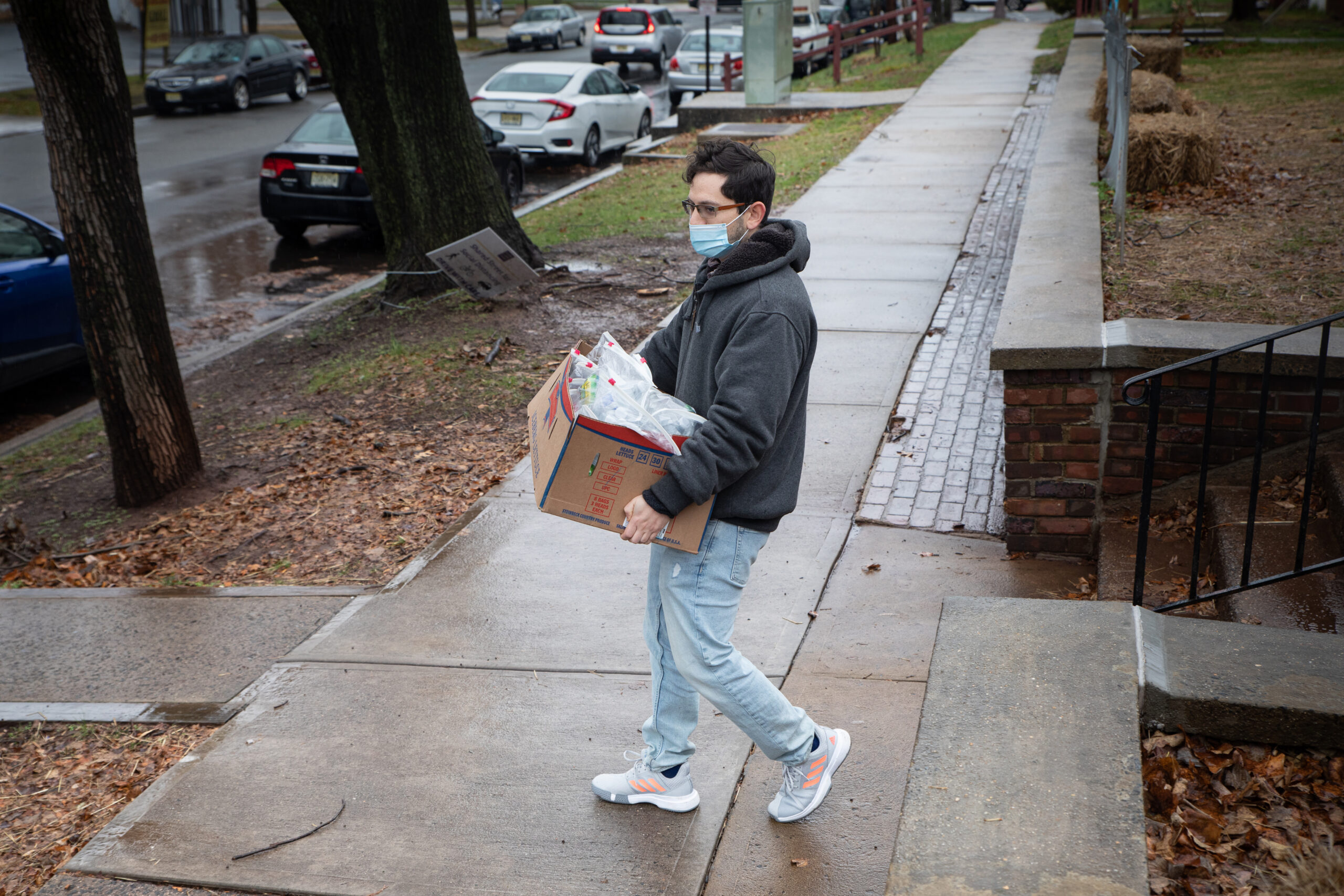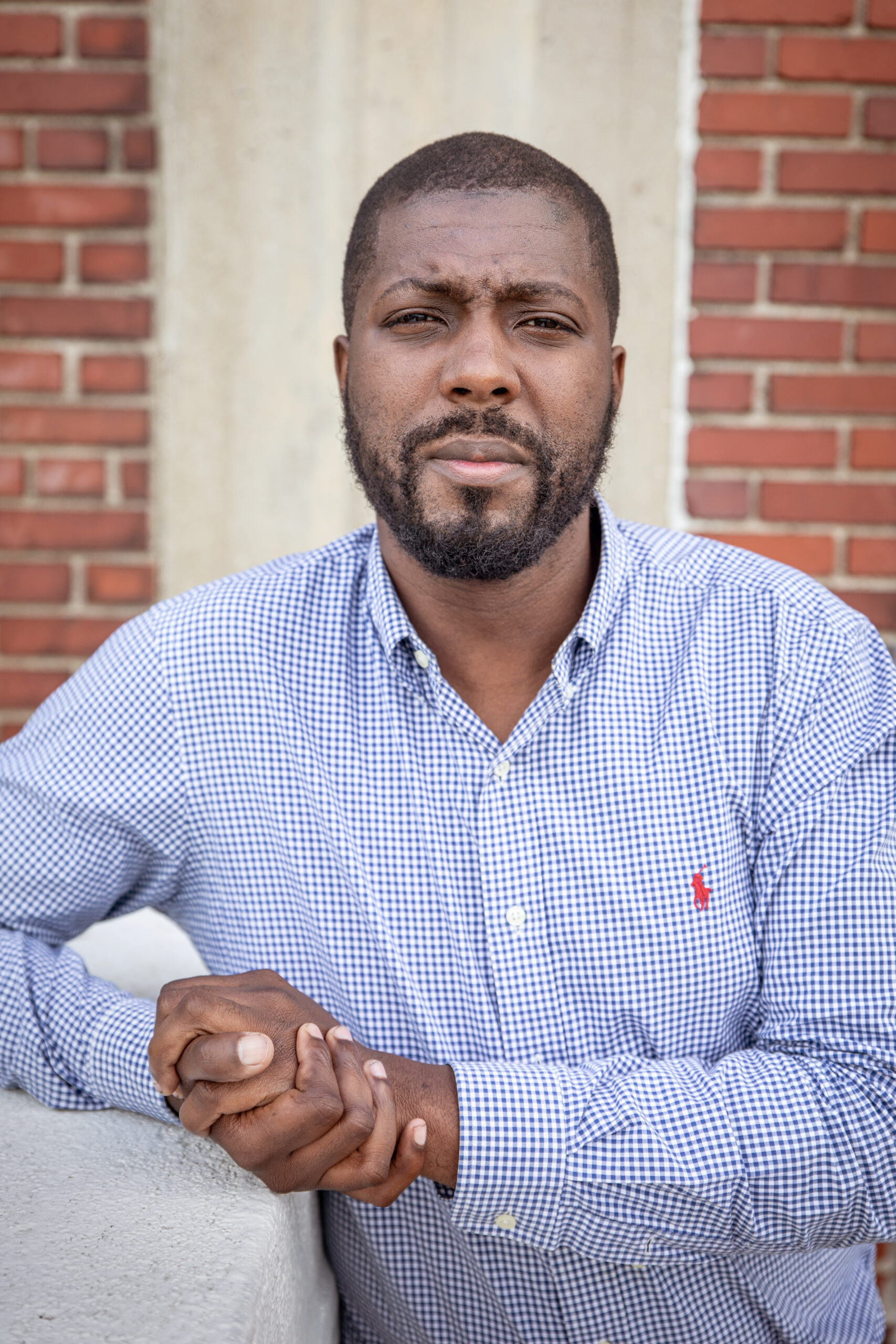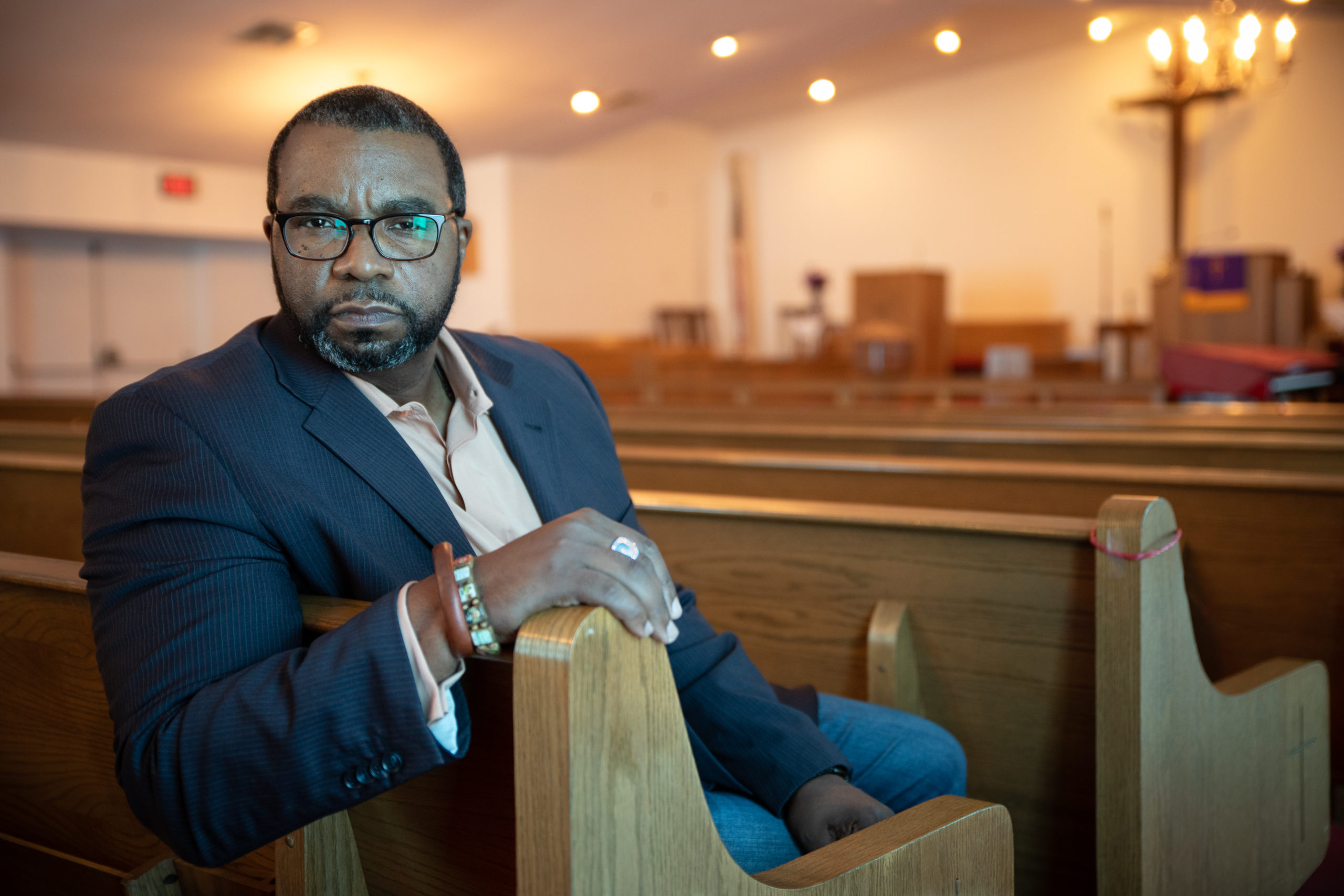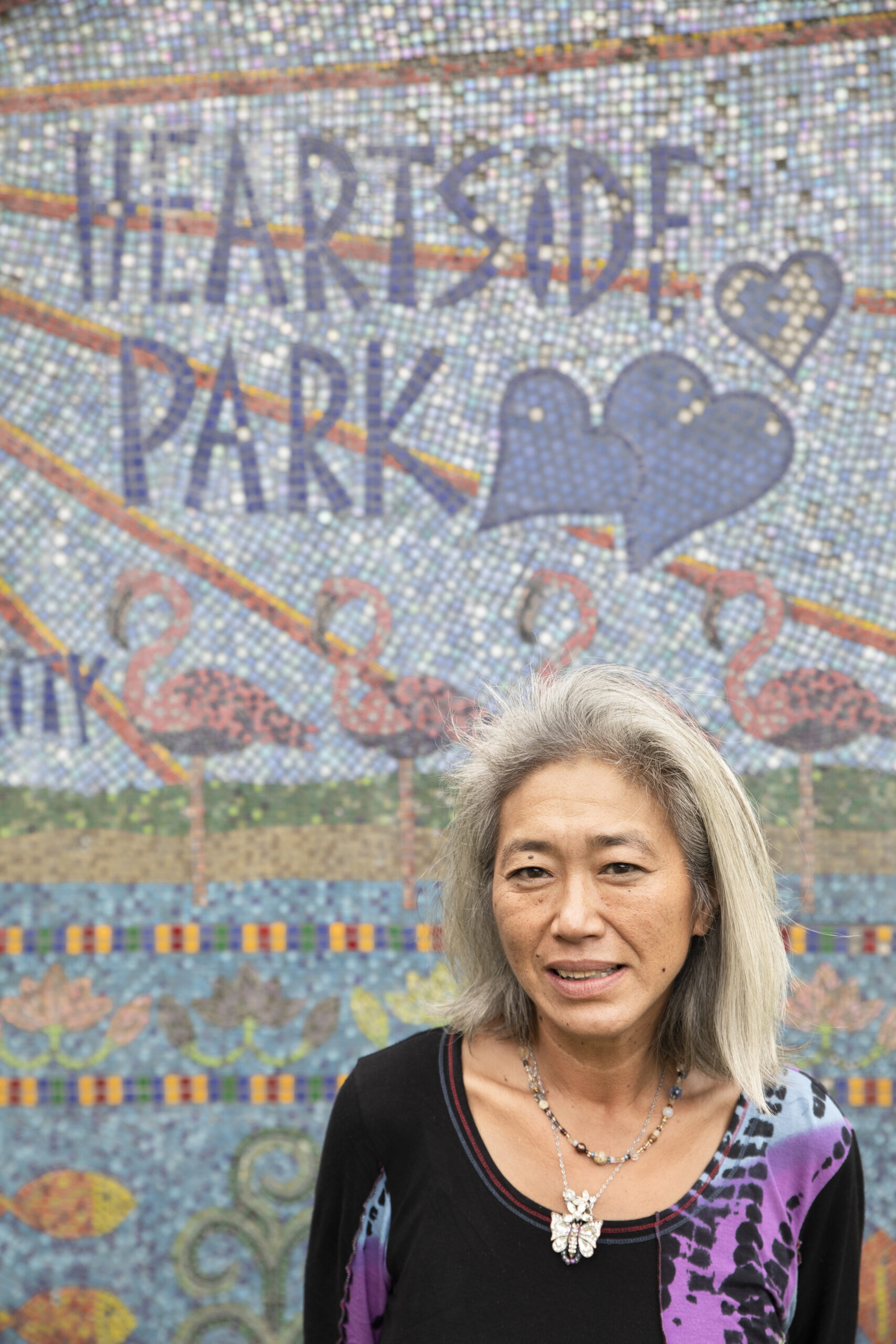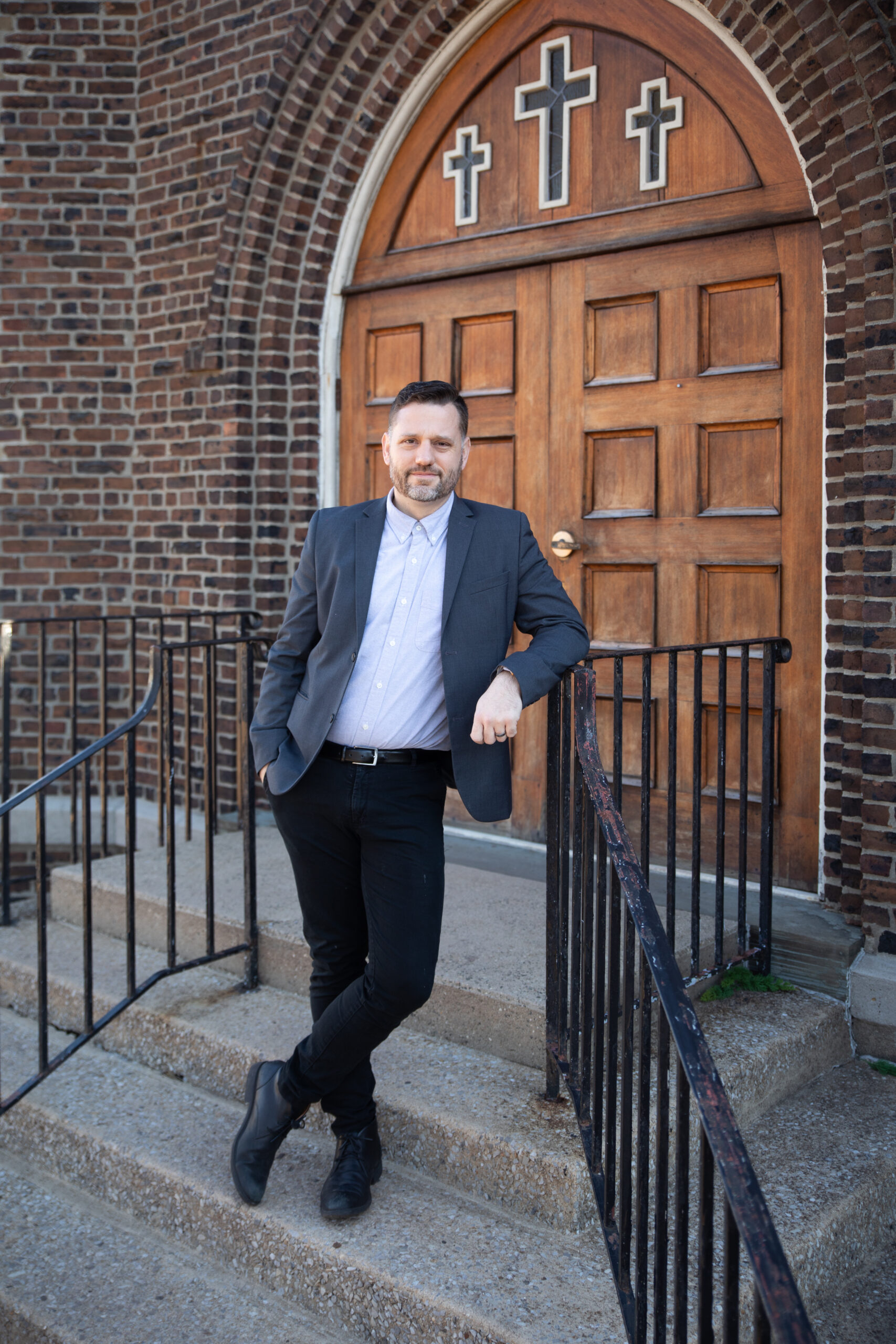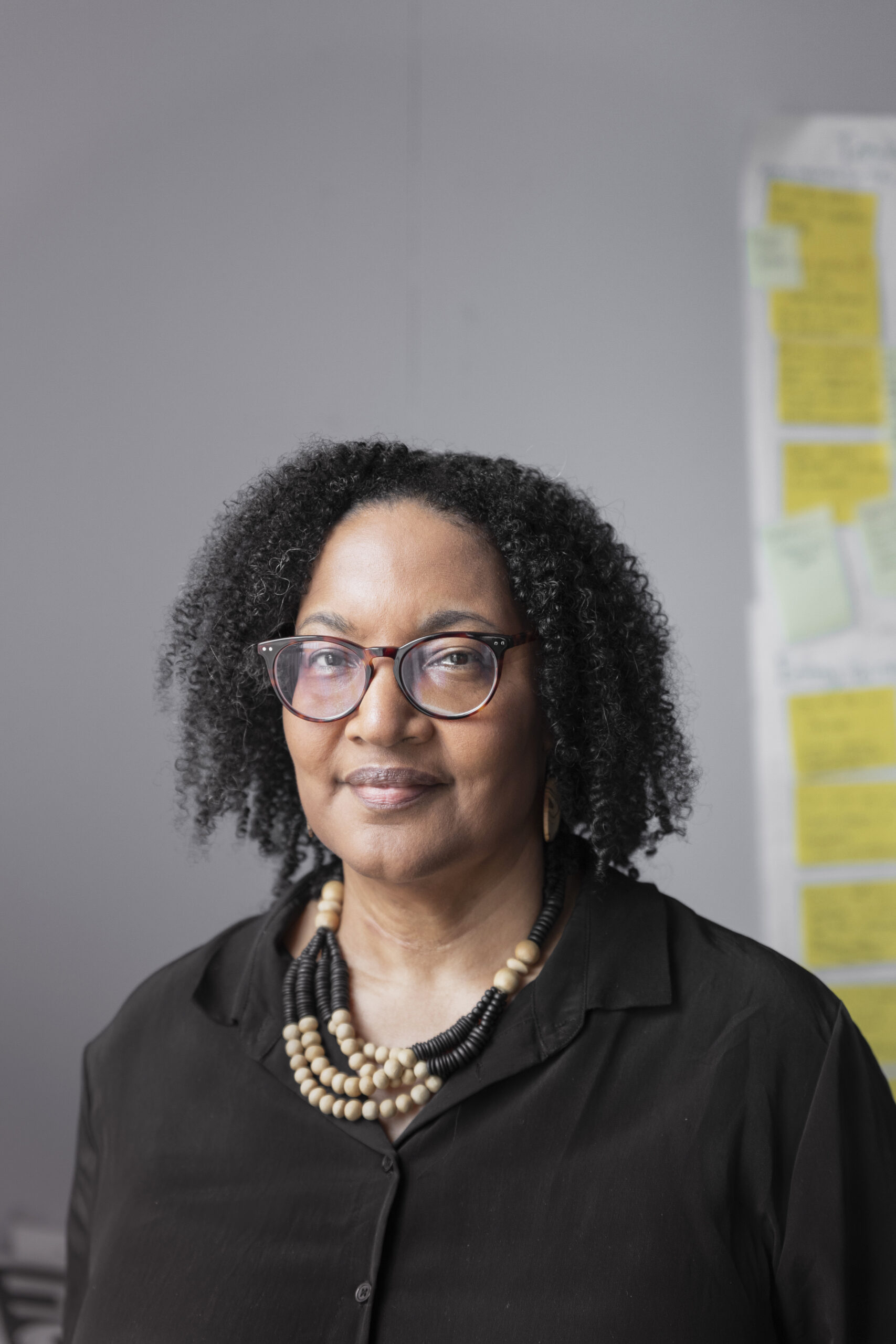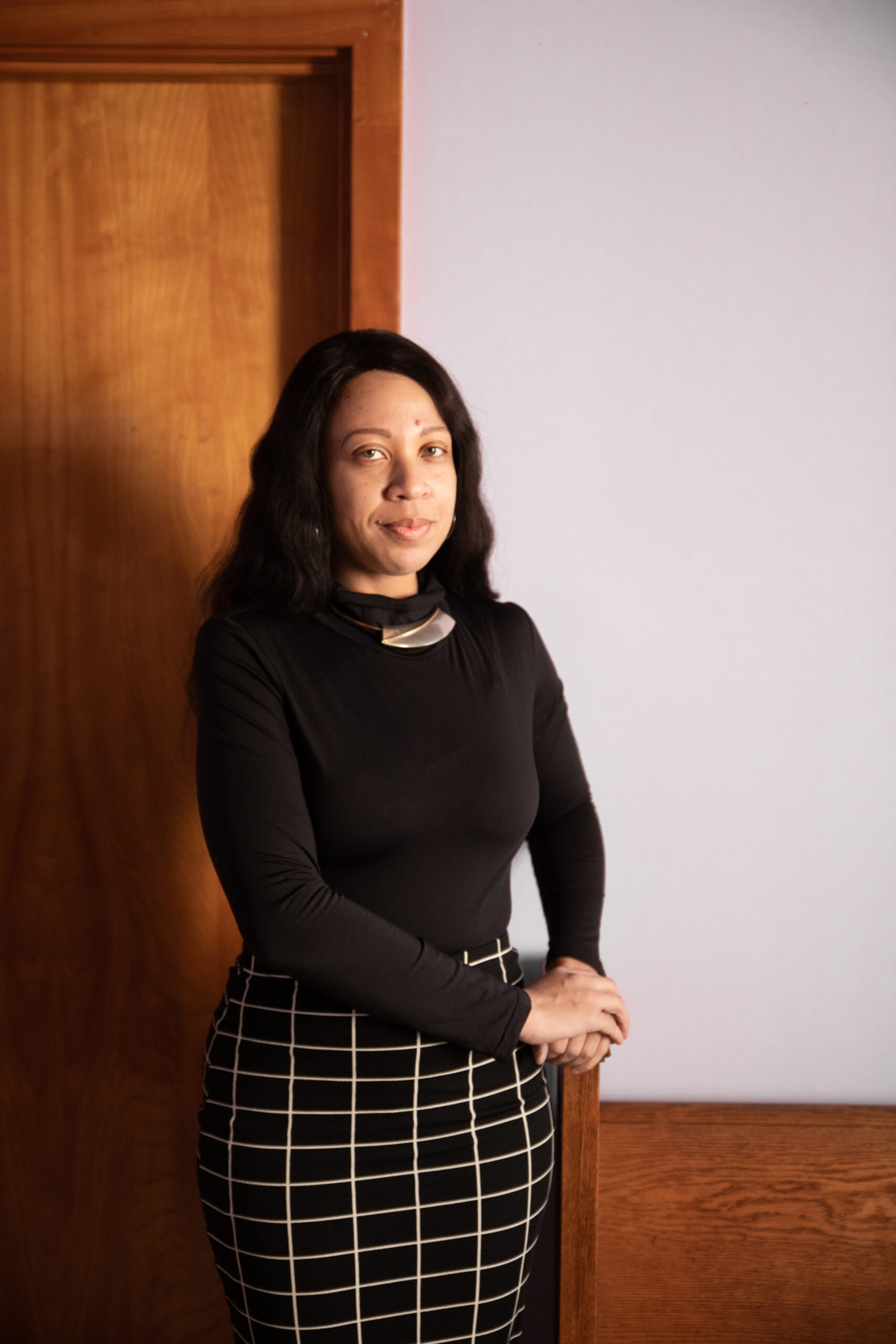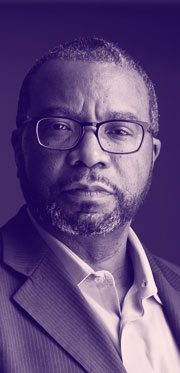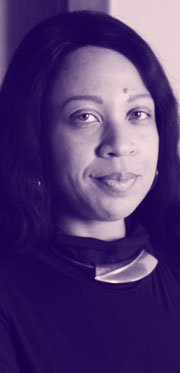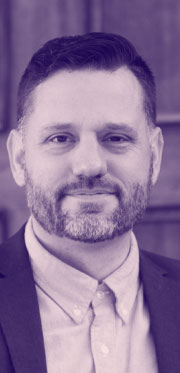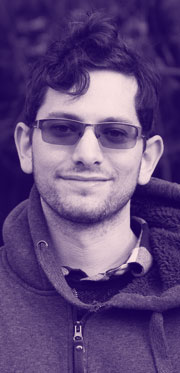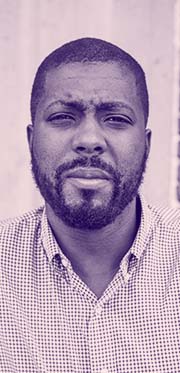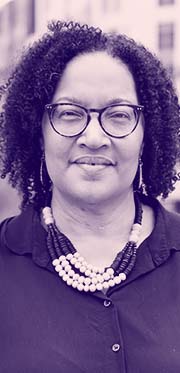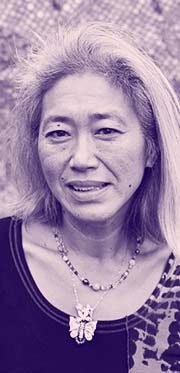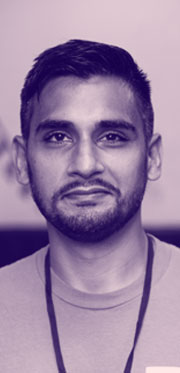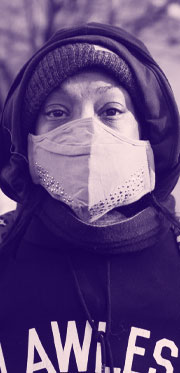Salvation and Social Justice was originally a blog I started years ago. Coming out of seminary, I had seen almost a separation of the concepts of salvation and social issues in the church broadly and very disappointingly in the Black church specifically, so I was musing about bridging that gap theologically. It became very apparent that there weren’t too many Black statewide organizations or Black faith-rooted organizations working on public policy so that’s how we came to be.
In the beginning, we were working on decarceration and drug policy, and being in that space you quickly come to know that there’s this insidious cyclical nature of all of these issues: criminal and youth justice, education, segregation, economic disparities, environmental disparities, health disparities – injustice is in all these places and they all intersect. So it became very clear that the focus had to be on abolishing structural racism in all its forms in New Jersey.
Within the context of racial injustice in the United States, the Black church has always been at the center of dismantling every instance of that. So whether that’s the abolition of slavery all the way to civil rights, no matter where you look in history, Black faith has played a major role in dismantling racist constructs. Within that Black faith space and more broadly the prophetic tradition, the prophets would hear the lament of the people, look at the oppression taking place, and they would have a new vision for society and what should happen what we call moving from lamentation to liberation.
Our theory of change is that if people most impacted by whatever the issue is go through a process of lament dealing with the tragedy, the trauma, the racism and then have the freedom to envision what would have actually helped them, that gives us not only what the policy recommendations should be, but it also gives the very folks impacted the courage, the strength, the ability and the passion to help propel that change forward. And in every instance where those factors have been in place, we have seen things change.
We would like to see a total decriminalization of all drug use and possession, and even minor distribution. And in its place we’d like to see poverty mitigation, non-coercive health alternatives and care, and job training and entrepreneurial investment for folks who are in the distribution space. Most people in the distribution space are there because that is how they survive poverty. So if we deal with the issue of poverty, if we deal with mental health, substance use and trauma, if we deal with people compassionately, we can help them achieve their greatest potential to thrive.
Most reasonable people see very clearly that the way we have been doing things is not only ineffective but harmful and inhumane and racist so the narrative is changing. Five years ago, we were considered radical for talking about legalizing marijuana now that’s considered common sense. So we’re looking at having a decriminalization bill with sponsors introduced within the next several months. One of the things that’s very critical for us is making sure that we identify the resources that are currently being used to criminalize people and make a very strong case for diverting those funds into more humane, compassionate health responses.
The data shows that marijuana has been more of a gateway to the criminal justice system than it has been to anything else, and no one knows how horrible policing and incarceration have been on our communities more than Black people. But when we start to ask the question, ‘Well, what if police weren’t the response? What if there was a more humane response?’ Very rarely are folks nowadays going to say no, we just need to remain diligent. There’s a big cultural shift.
I don’t think any of us want 15 or 14-year-old kids smoking marijuana without some kind of conversations taking place. But what we know is even more harmful than teen use is anything that will incentivize police to target Black youth. We have yet to see a point in history, in any jurisdiction, where police do not disproportionately target Black children. So police cannot be trusted with this issue—we need alternative structures in place. Who does respond in that case and how do we get to a place of healthy conversation rather than enforcement?
